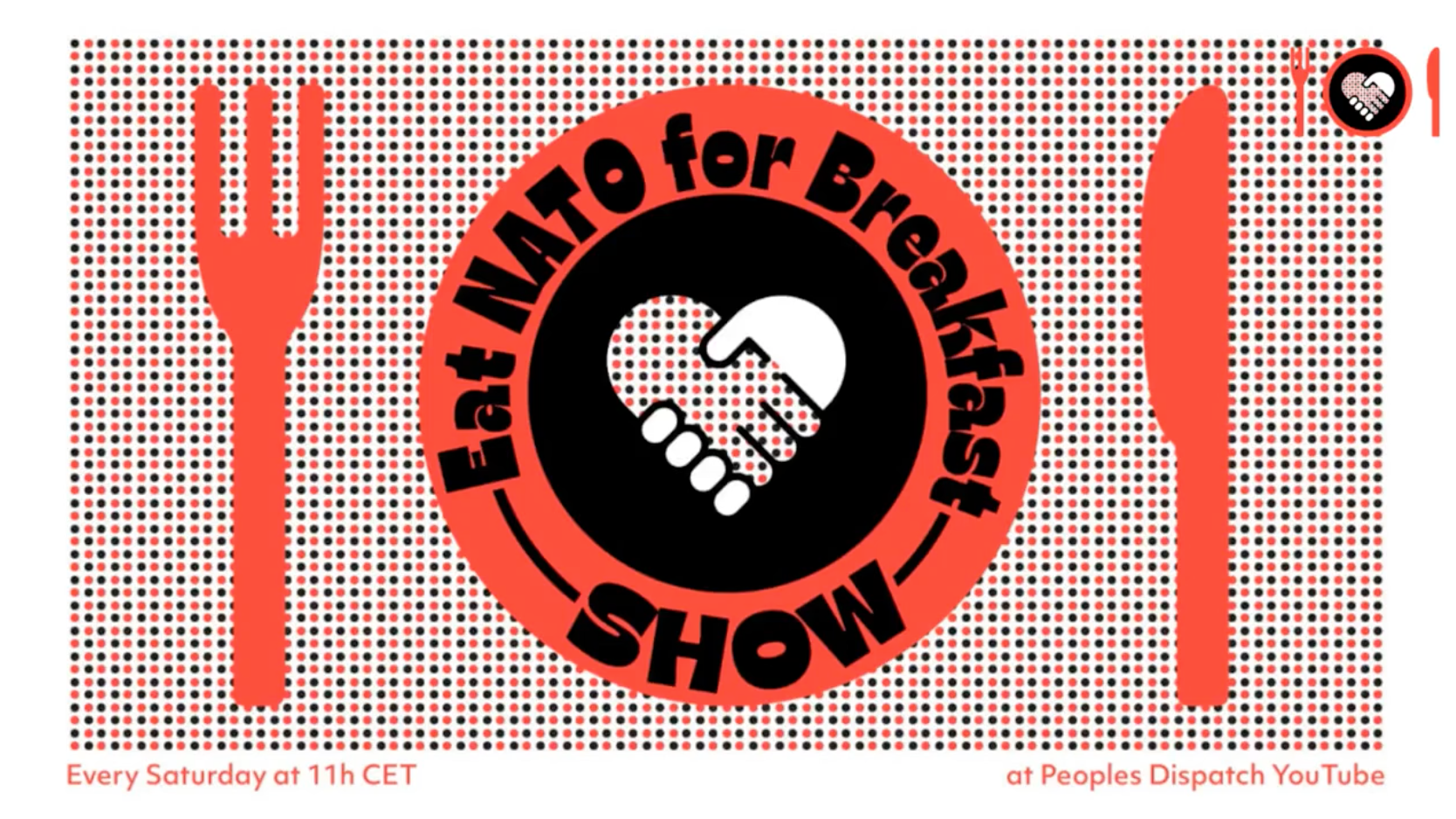While US president Joe Biden continues to indulge in warmongering regarding the Ukraine conflict, the North Atlantic Treaty Organization (NATO) is already organizing its next summit in June 2022 in Madrid, Spain. The choice of Spain as the host country is symbolic: 40 years ago, on May 30, 1982, Spain became the 16th member of the north Atlantic military alliance.
In 2021, the Belgian and wider European peace movements organized protests against the militarization of Europe, particularly the increased military expenditure imposed by NATO and the nuclear arms race. The Peace Summit to be held in Madrid in June 2022 is a continuation of those mobilizations started in the middle of the pandemic.
A political declaration and a program for education
The declaration of the Madrid Peace Summit is the result of the common efforts of social and peace movements, unions, and political organizations. The Peace Summit combines demands in the struggle against NATO and for a non-military security system, without nuclear weapons, overseas military bases and the investment of today’s military spending in social security and global climate justice.
In the spirit of the upcoming Peace Summit, Peoples Dispatch is hosting the “Eat NATO for Breakfast Show,” a new Saturday morning educational program, providing information on NATO itself, its history and purpose, its upcoming agenda, and impact on the people.
“NATO has a godfather attitude”
In the first episode, Tricontinental Institute for Social Research director Vijay Prashad explained how NATO cynically uses concepts such as “democracy” and “human rights” to extend Western geopolitical interests. And yet NATO does not hesitate to violate the UN Charter, as was the case in Libya when, yielding to pressure from the US and France, it bombed the western part of the country, resulting in the fall of Gaddafi and subsequent violence.
In Libya, NATO twice violated the UN Security Council Resolution 1973. Firstly, NATO member states continued to sell arms to those engaged in conflict in Libya, and secondly, the NATO aircraft violated the no fly zone over Libya and became the air force of the Benghazi opposition. When human rights organizations asked NATO for information about the target of the bombings, the organization refused, replying: “NATO never commits war crimes.”
“The US behaves like the Godfather,” said Prashad, “It thinks it can do whatever it wants.” It’s this Godfather-like attitude that has disrupted and destabilized countries like Yugoslavia, Afghanistan, Iraq, and Libya. It is this attitude that threatens world peace. The growing NATO presence in Europe is the central factor in today’s Russo-Ukrainian conflict.
There is no longer a raison d’être for NATO
In the second episode, Kate Hudson from the Campaign for Nuclear Disarmament (CND) in the United Kingdom explored the history of NATO. The organization’s official foundation in 1949 was the result of a new global framework; but the US had already begun to use alliances for the purpose of global expansion at the end of World War II, with the atomic bombings of Hiroshima and Nagasaki. There was no political and military need to bomb Japan in August 1945, as Hudson explained, “The atomic bombings had the purpose to show the unique military power of US against the expansion of the Soviet Union in Asia.”
After the dissolution of the Warsaw Pact in 1991, there was no longer a raison d’être for NATO. But the nuclear arms race continued, and US nuclear bombs remain stocked in Europe, especially in Germany and in Italy, despite two popular referendums against the use of nuclear power in Italian territory.
Today, international power inequalities are much more accentuated than during the Cold War. The US continues to use global alliances to expand foreign intervention, with NATO integration of Eastern Europe countries in 1999, and the Baltic States in 2004, and in the Asia-Pacific region with the New Cold War on China.
Stay tuned and continue to follow our weekly Eat NATO for Breakfast Show every Saturday at 11:00 AM on YouTube and Facebook.





